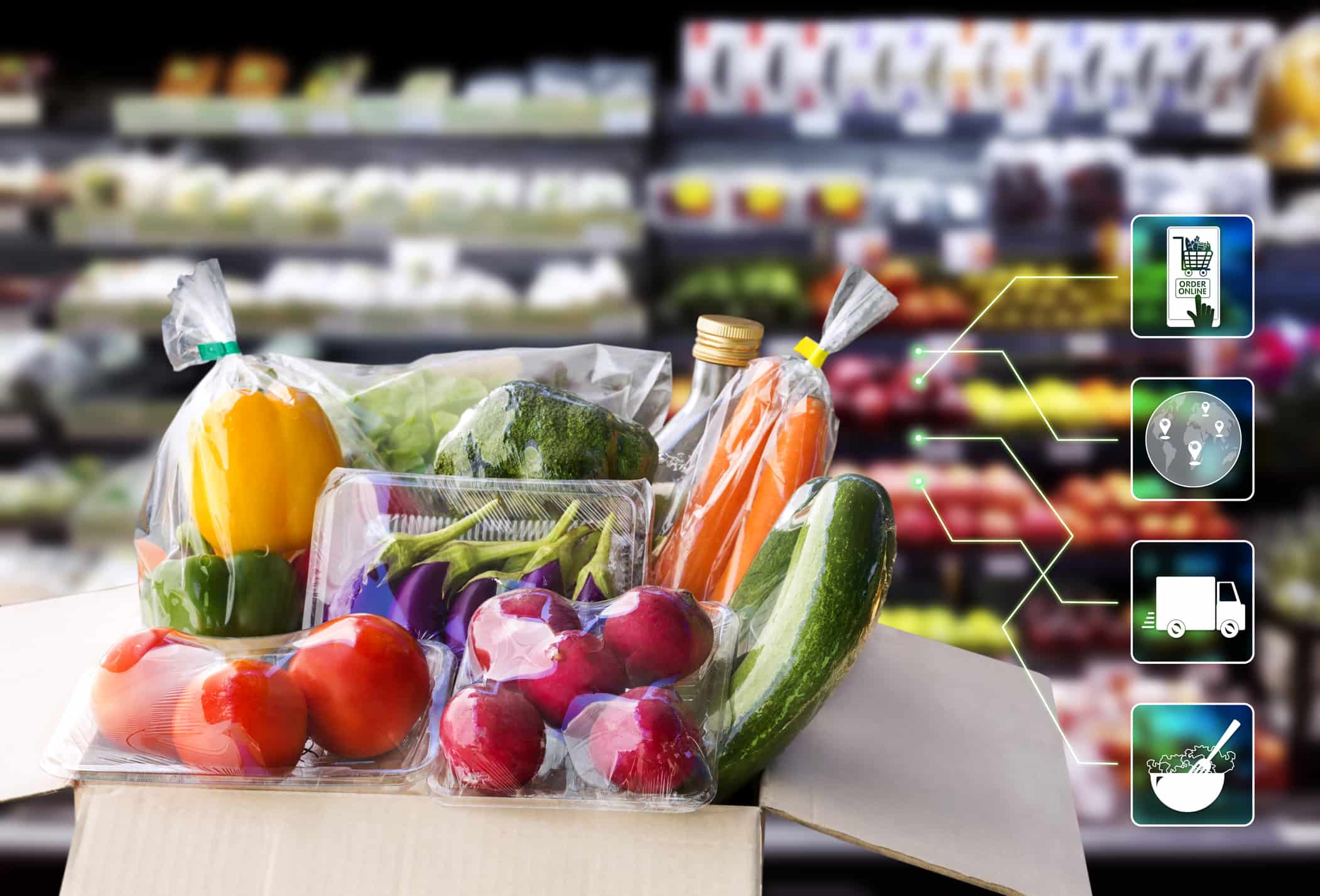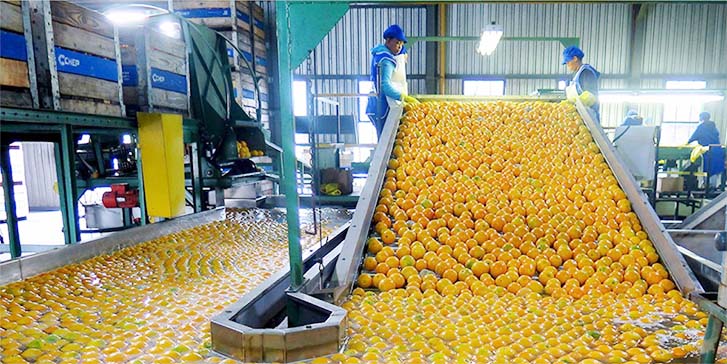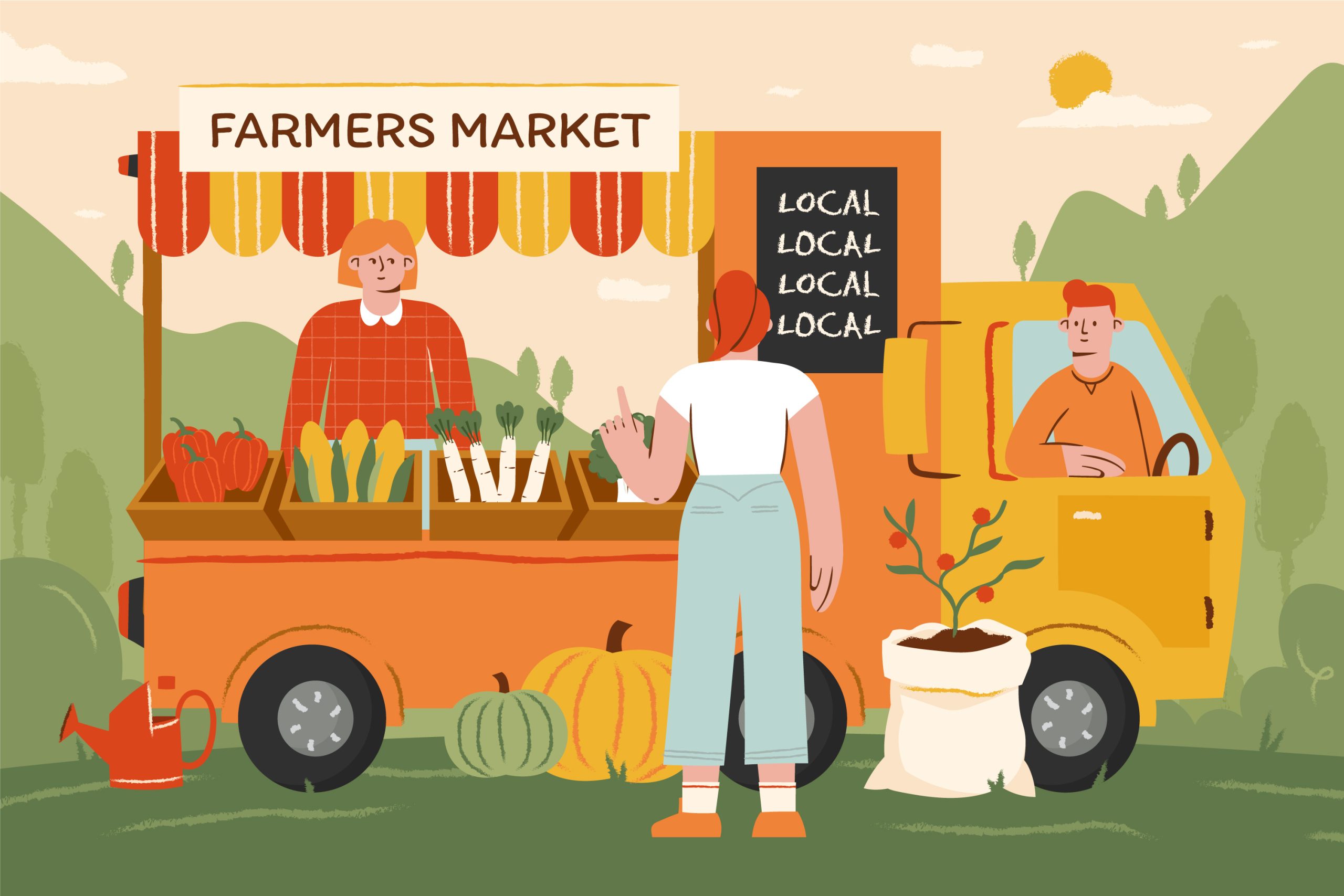Breaking Ground: Farmers’ Triumphs in E-commerce Empowerment
In the vast expanse of Kenya’s agricultural landscape, a transformative shift is underway. Smallholder farmers are harnessing the power of e-commerce to revolutionize the way they sell their produce, unlocking new opportunities for growth and prosperity. In this article, we will explore the journey of Kenyan farmers towards e-commerce empowerment, providing practical insights and guidance for those seeking success in online sales.
Plowing New Paths: Challenges Faced by Farmers in Online Sales
For decades, smallholder farmers in Kenya have grappled with challenges in accessing fair markets and earning stable incomes. Reliance on middlemen and traditional distribution channels has often left farmers at the mercy of fluctuating prices and exploitative practices. However, the emergence of e-commerce presents a promising solution, offering farmers the chance to connect directly with consumers and take control of their sales process.
Sowing Seeds of Change: The Case for E-commerce Empowerment
The potential of e-commerce to transform the lives of Kenyan farmers cannot be understated. By embracing digital platforms and leveraging technology, farmers have the opportunity to break free from the constraints of traditional markets and build thriving businesses on their own terms. Through innovation and entrepreneurship, farmers can cultivate a brighter future for themselves and their communities.
Cultivating Success: Strategies for Farmers in Online Sales:
- Establishing Your Online Presence:
- The first step towards e-commerce empowerment is establishing a strong online presence.
- Create a dedicated website or utilize existing e-commerce platforms to showcase your products and reach a wider audience of potential customers.
- Case Study Example: Imperfect Foods is an online grocery delivery service that specializes in sourcing “ugly” produce and surplus food directly from farmers and producers.
- Through their e-commerce platform, customers can browse and purchase a variety of fresh fruits, vegetables, and pantry staples that may otherwise go to waste due to cosmetic imperfections or excess inventory.
- By establishing a robust online presence, Imperfect Foods connects consumers with sustainable and affordable food options while supporting farmers and reducing food waste.
- Crafting Compelling Product Listings:
- Capture the attention of online shoppers by crafting compelling product listings that highlight the unique qualities of your produce.
- Include high-quality images, detailed descriptions, and pricing information to make your offerings stand out in a crowded marketplace.
- Case Study Example: Farmgirl Flowers is an online floral delivery service that prioritizes sustainability and transparency in its product listings.
- Each bouquet featured on their website includes detailed descriptions of the seasonal flowers and foliage used, along with information about the farms and growers responsible for cultivating the blooms.
- By highlighting the provenance and quality of their products, Farmgirl Flowers builds trust with customers and differentiates itself in the competitive online flower market.
- Embracing Digital Marketing:
- Harness the power of digital marketing to promote your products and attract customers to your online store.
- Utilize social media platforms, email marketing, and search engine optimization techniques to raise awareness of your brand and drive traffic to your website.
- Case Study Example: Baldor Specialty Foods, a leading distributor of specialty produce and gourmet ingredients, leverages digital marketing to promote its products and engage with customers.
- Through social media campaigns, email newsletters, and online cooking demonstrations, Baldor Specialty Foods educates consumers about seasonal produce, culinary trends, and sustainable farming practices.
- By sharing engaging content and fostering community engagement, Baldor Specialty Foods enhances brand awareness and loyalty among chefs, food enthusiasts, and home cooks alike.
- Streamlining Order Fulfillment:
- Invest in efficient order fulfillment processes to ensure prompt delivery and customer satisfaction.
- Partner with reliable logistics providers and implement systems for inventory management, order tracking, and customer support to streamline operations and enhance the shopping experience.
- Case Study Example: FreshDirect is an online grocery delivery service that streamlines order fulfillment through efficient logistics and delivery operations.
- By investing in state-of-the-art warehouses, automated order processing systems, and refrigerated delivery trucks, FreshDirect ensures the timely and reliable delivery of fresh produce and grocery essentials to customers’ doorsteps.
- Their commitment to quality and convenience has earned them a loyal customer base and positioned them as a leader in the online grocery industry.
- Building Customer Relationships:
- Nurture lasting relationships with your customers by providing exceptional service and fostering a sense of community around your brand.
- Respond promptly to inquiries, solicit feedback, and offer personalized recommendations to cultivate loyalty and repeat business.
- Case Study Example: Full Belly Farm, an organic farm located in California, prioritizes building strong relationships with its customers through community-supported agriculture (CSA) programs and online engagement.
- Through regular farm updates, newsletters, and social media posts, Full Belly Farm keeps customers informed about farm activities, seasonal produce offerings, and upcoming events.
- By inviting customers to participate in the farm’s story and activities, Full Belly Farm fosters a sense of belonging and connection within its community of supporters and patrons.
- Monitoring Performance and Adaptation:
- Regularly monitor the performance of your e-commerce efforts and be prepared to adapt your strategies based on feedback and insights.
- Track key metrics such as sales, website traffic, and customer engagement to identify areas for improvement and capitalize on emerging opportunities.
- Case Study Example: AgriWebb is a farm management software platform that enables farmers to monitor performance and adapt their operations in real-time.
- Through the AgriWebb app, farmers can track livestock movements, record health and production data, and analyze key performance indicators such as feed efficiency and weight gain.
- By leveraging data-driven insights and analytics, farmers can make informed decisions about herd management, grazing rotations, and resource allocation, optimizing productivity and profitability on the farm.
Reaping Rewards: Farmers’ Journey to Success in Online Sales
In conclusion, e-commerce empowerment holds immense potential for Kenyan farmers to transform their agricultural businesses and achieve greater financial independence.
By embracing the principles outlined in this guide and leveraging the opportunities afforded by digital technology, farmers can navigate the complexities of online sales with confidence and chart a course towards sustainable growth and prosperity.
As the landscape of agricultural commerce continues to evolve, the journey towards e-commerce empowerment represents a pathway to a brighter future for farmers across Kenya.













